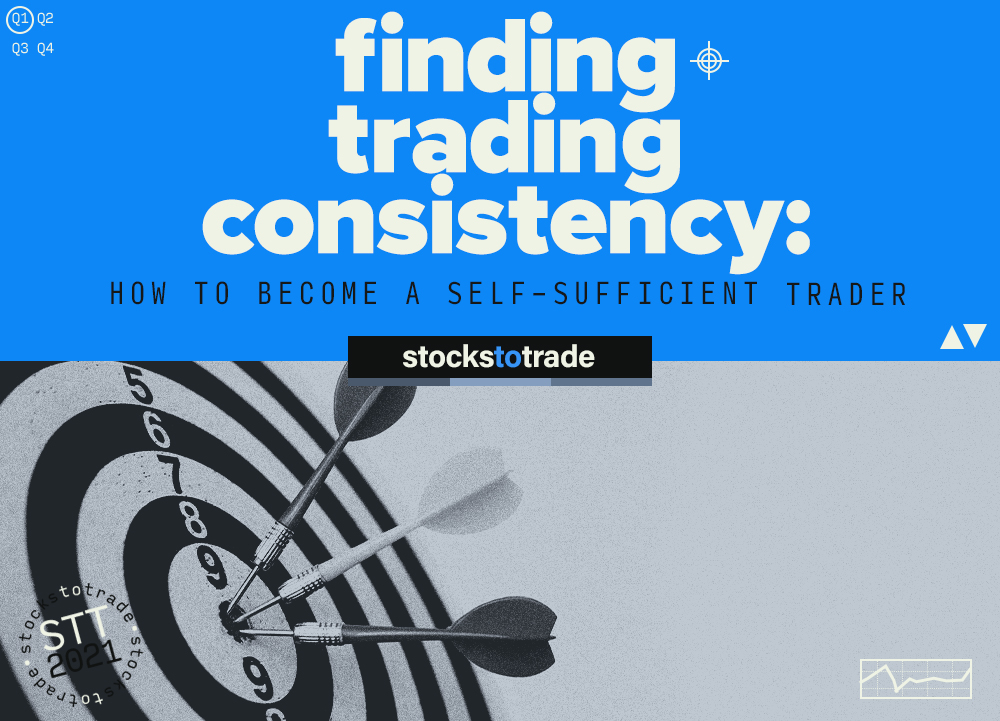Introduction
Imagine a secluded cabin nestled amidst towering trees, far from the hustle and bustle of civilization. Here, life revolves around the cycle of the sun, the rhythm of the seasons, and the fruits of one’s labor. On the other end of the spectrum, envision a vibrant marketplace teeming with merchants, artisans, and farmers, each offering their goods and services in exchange for what they need. Which path would you choose: the self-reliant solitude of the cabin or the interconnectedness of the marketplace?

Image: www.chegg.com
The decision between self-sufficiency and trade has captivated societies for millennia. While self-reliance offers the allure of independence and resilience, trading expands our options, fosters specialization, and promotes societal progress. This article will delve into the complexities of these choices, exploring the benefits and challenges of both paths to help you make informed decisions that best align with your values and circumstances.
The allure of self-sufficiency
Self-sufficiency embodies the ideal of producing everything you need to sustain yourself. From growing your own food to generating your own energy, proponents of self-reliance argue that it provides a sense of control, resilience, and freedom from external dependencies. In an increasingly interconnected world, self-sufficiency offers a retreat from the complexities of modern life, fostering a deep connection to the land and one’s own abilities.
Moreover, self-reliance can enhance personal growth and fulfillment. By mastering the skills necessary to provide for oneself, individuals cultivate a profound sense of accomplishment and purpose. It requires a willingness to embrace challenges, solve problems creatively, and live in harmony with the natural world.
Challenges of Self-reliance
While self-sufficiency offers many benefits, it also comes with its share of challenges. The most significant hurdle is the sheer amount of time and effort required to produce everything you need. It can be a physically and mentally demanding lifestyle, especially in harsh environments or during periods of scarcity.
Another challenge of self-reliance is the inability to specialize in specific tasks. When you are responsible for all aspects of your life, it becomes difficult to develop a high level of proficiency in any one area. This can limit your ability to innovate, produce goods of high quality, or take advantage of economies of scale.
Benefits of Trading
In contrast to self-sufficiency, trading involves the exchange of goods and services between individuals or groups. It allows us to specialize in tasks that we are most skilled at, leading to increased efficiency and productivity. By trading surplus goods and services, we can access a wider range of products and resources than we could ever produce on our own.
Trade also fosters interdependence and cooperation among individuals. It encourages communication, negotiation, and trust-building, which can have positive spillover effects on other aspects of social and economic life. In addition, trade can promote cultural exchange, as people from different backgrounds interact and share ideas.

Image: stockstotrade.com
Challenges of Trading
Despite its many benefits, trading also has its challenges. The most significant one is the potential for exploitation. When there is a significant power imbalance between trading partners, one party may be able to take advantage of the other, leading to unfair exchange rates or labor practices.
Another challenge of trading is the need for transportation and infrastructure to facilitate the movement of goods. This can be costly and time-consuming, especially in remote areas or during periods of conflict or natural disasters.
Given The Option Of Being Self Sufficient Or Trading With

Image: www.youtube.com
Conclusion
The choice between self-sufficiency and trading is a complex one, with both benefits and challenges to consider. Ultimately, the best choice for you will depend on your individual circumstances, values, and goals. If you value independence, resilience, and a deep connection to the land, self-sufficiency may be a compelling option. However, if you prioritize efficiency, specialization, and a wide range of goods and services, trading may be the better choice. It is also possible to find a balance between these two extremes, embracing some aspects of self-reliance while also engaging in trading when necessary.
Remember, the path you choose is not set in stone. As your circumstances and values evolve, you may find yourself shifting between self-sufficiency and trading. The important thing is to make informed decisions that empower you to live a fulfilling and sustainable life.






